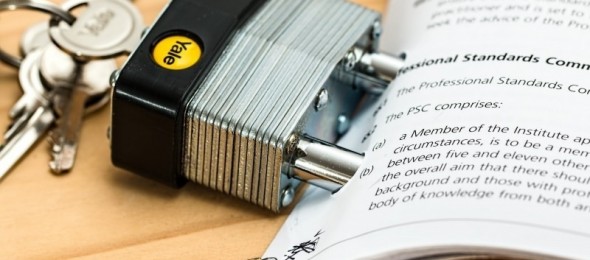Charlotte Garden, Co-Associate Dean for Research and Faculty Development and Associate Professor of Law at Seattle University School of Law, has authored an interesting paper titled “Disrupting Work Law: Arbitration in the Gig Economy,” 2017 University of Chicago Legal Forum 205 (2018). In her publication, Associate Dean Garden discusses individual arbitration clauses in the context of gig economy workers.
The abstract states:
It is presently in style to speculate about the disruptive potential of the “gig economy.” Will enterprises like Uber and Lyft change the way we get around, undoing taxi monopolies in the process? And what happens when tens of thousands of workers find work by logging onto a platform? Do the enterprises become the employers of some or all of these workers, or — as the enterprises themselves generally assert — should we regard these workers as newly minted micro-entrepreneurs?
That last question has emerged as a major unresolved issue with enormous importance to gig economy workers. Yet, there exists a major impediment to resolving it: the ubiquity with which gig economy companies require or encourage their workforces to resolve their disputes in individual arbitration proceedings. As this article will discuss, the effects of individual arbitration clauses (IACs) in the gig economy are significant. First, they make it unlikely that large swaths of gig economy workers will, as a practical matter, be able to resolve their employment status in any forum. Second, they make it more likely that — to the extent those questions are resolved at all — they will be resolved in arbitral proceedings that result in decisions that are non-precedential, secret, and applicable to only one worker at a time. Third, they reduce the costs of misclassifying workers — or at least they lead enterprises to believe they have reduced the costs of misclassification — by reducing the deterrent effect that the prospect of aggregate litigation can serve.
This article makes three contributions: first, it systematically reviews a group of IACs in gig economy worker agreements, discussing their similarities and differences; second, it offers a detailed look at how litigants and courts have responded to IACs in the gig economy so far, and discusses some consequences of IACs when they become ubiquitous in a segment of the economy; and third, it discusses possible ways to limit the effects of IACs in the work law context despite the Federal Arbitration Act (FAA), including responses at the agency, state, and private individual or organization levels.
This and other scholarly works written by Associate Dean Garden may be downloaded free of charge from the Social Science Research Network.
Photo credit: Foter.com














